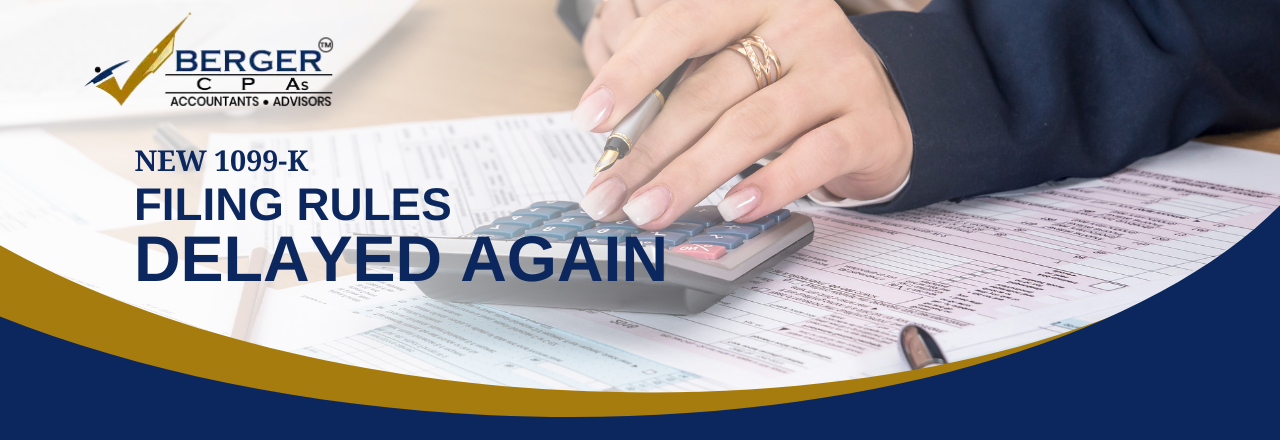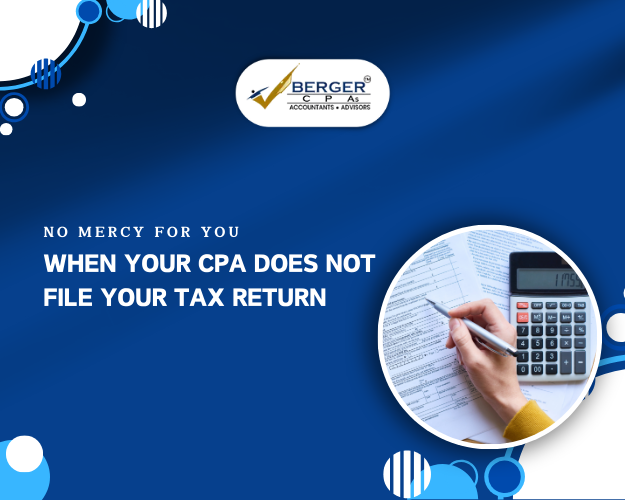
New 1099-K Filing Rules Delayed Again
If you are a business selling goods and services and get paid through third party settlement organization (TPSO) like PayPal, then be updated, IRS has changed the likelihood of your receiving a 1099-K. Know more…
Understanding Form 1099-K
The IRS Form 1099-K, Payment Card and Third Party Network Transactions are used to report to the IRS payments for sales of goods and services where a payment is made through payment card or TPSO.
The deadline for filing is January 31 for payees and February 28 for IRS copy and March 31 for electronic filing. The rules change depending on whether it is payment through card or TPSO.
Payments by payment card
Payments by credit card, debit card or stored value cards like gift cards are payments by payment card. The payment card company will send you Form 1099-K or payment settlement entity if you get paid by credit, debit or gift card for selling goods and services, irrespective of how much and how many payments you got. There is no dollar limit that triggers the filing of Form 1099-K for payment card payments. This rule is in place since 2023.
Payments through TPSOs
The third party settlement organizations act as middle man between the buyers and the sellers of goods and services and for this they charge a fee. They include:
- Payment apps like PayPal, Venmo, Cash App
- Marketplace services like Amazon, eBay or online auction services
- Gig economy platforms like Uber and Airbnb
- Cryptocurrency processors like BitPay
- Craft or marker marketplace like Etsy
- Ticket exchange or resale sites like Ticketmaster and
- Crowdfunding platforms
The New Law
The Congress enacted the American Rescue Plan Act 2021and at this time it amended the law to require that TPSOs file Form 1099-K for any payee paid more than $600 during the year with no minimum transaction requirement. The same rule is applicable to the filing of Form 1099-NEC.
The changes were supposed to take effect for the 2022 tax years but it was delayed until 2023 tax year and now the implantation is pending yet and it is as follows:
- For the tax year 2023, the $20,000 and 200 transaction thresholds continue to apply
- For the tax year 2024, the $20,000/200 transaction threshold will be removed and a $5,000 threshold will apply with no transaction threshold. It means the TPSO must file a 1099-K in 2024 if it pays a payee more than $5,000 in 2024, irrespective of the number of transactions
- For the 2025 tax year and later, the $600 threshold is scheduled to apply again, with no transaction threshold.
Why all the delays?
The delays is due to the IRS fears of being flooded with 44 million new 1099-Ks, among which many may be filed by mistake by TPSOs and confuse taxpayers. Personal payments from family and friends should not be reported on Form 1099-K because they are not payments for goods and services. But casual sale of goods and services like selling personal items like clothing, household items and furniture for a loss on eBay or other online marketplace could generate a Form 1099-K even though they have no tax liability form those sales.
The complexity in distinguishing between these types transactions factored into the IRS decision to delay the reporting requirements and additional year and to implement a $5,000 threshold for 2024.
The IRS is working on making the reporting process easier for taxpayers by looking to update Form 1040 and related schedules for 2024. Now the question is will $600 1099-K reporting threshold really come into effect for 2025? But it is believed that $600 is too low and a legislation may increase it to $10,000.
Seven states and District of Columbia have abandoned the federal $20,000/200 transaction threshold for 1099-K filing and imposed lower thresholds. In these states the 1099-K must be sent to the state tax agency and the payee if the lower state threshold is met.
Takeaways
1. The IRS postponed the implementation of new 1099-K reporting rules for TSPOs for the 2023 tax year.
2. Starting in 2024, three thresholds will be replaced with a $5,000 limit with no transaction count requirement and for 2025 and beyond, a $600 threshold is planned with no transaction count.
3. The filing requirements for payments made by payment cards are the same with 1099-K form being issued irrespective of the dollar amount and the number of transactions
4. The IRS delayed the TPSO changes due to potential overflow of new 1099-K forms leading to errors and confusion.
5. Seven states and District of Columbia have deviated from the federal threshold, setting lower limits for 1099-K reporting.

 Client Login
Client Login





